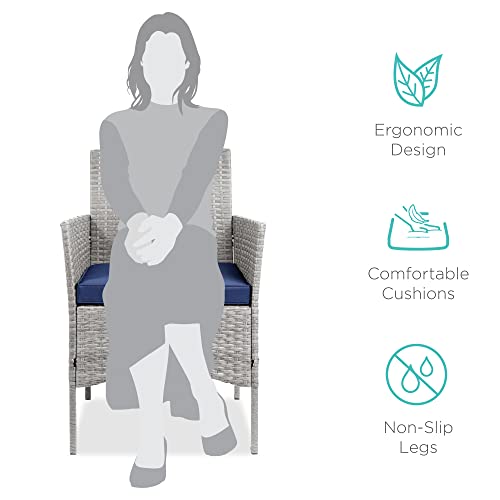
Back pain can be really challenging, and what helps often depends on the cause and severity. Here are some general strategies that might provide relief:
- Rest and Adjust Activity: Initially, rest can help, but it’s also important to avoid prolonged inactivity. Gradually returning to your normal activities, as tolerated, can be beneficial.
- Heat and Cold Therapy: Applying a cold pack can help reduce inflammation, especially in the first 48 hours after an injury. After that, heat from a warm compress or heating pad can soothe muscle tension.
- Exercise and Stretching: Gentle stretching and strengthening exercises can improve flexibility and support for your back. Yoga or specific back exercises can be particularly helpful.
- Good Posture: Pay attention to your posture, especially if you sit for long periods. Use a chair that supports your lower back, and make sure your workstation is ergonomically designed.
- Over-the-Counter Pain Relief: Medications like ibuprofen or acetaminophen can help manage pain and reduce inflammation. Always follow the dosage instructions and consult with a healthcare provider if you have any concerns.
- Physical Therapy: A physical therapist can develop a customized exercise and stretching plan tailored to your needs.
- Maintain a Healthy Weight: Excess weight can strain your back, so maintaining a healthy weight through diet and exercise can be beneficial.
- Stay Hydrated and Eat Well: Proper nutrition and hydration support overall muscle health and can aid in recovery.
If your back pain is severe, persists despite these measures, or is accompanied by other symptoms like numbness, weakness, or difficulty controlling bowel or bladder function, it’s important to seek medical advice. Sometimes back pain can be a sign of a more serious condition that requires professional evaluation and treatment.




